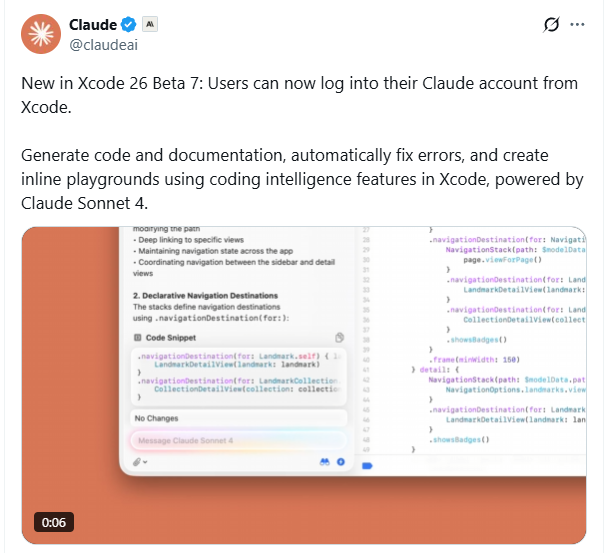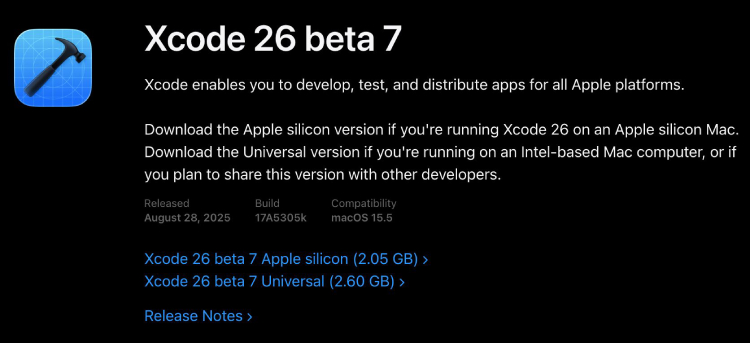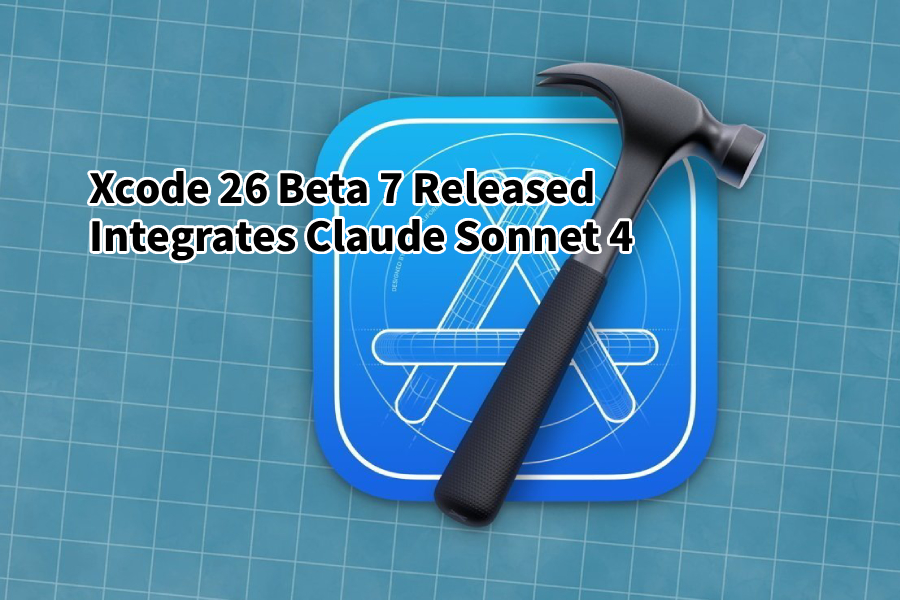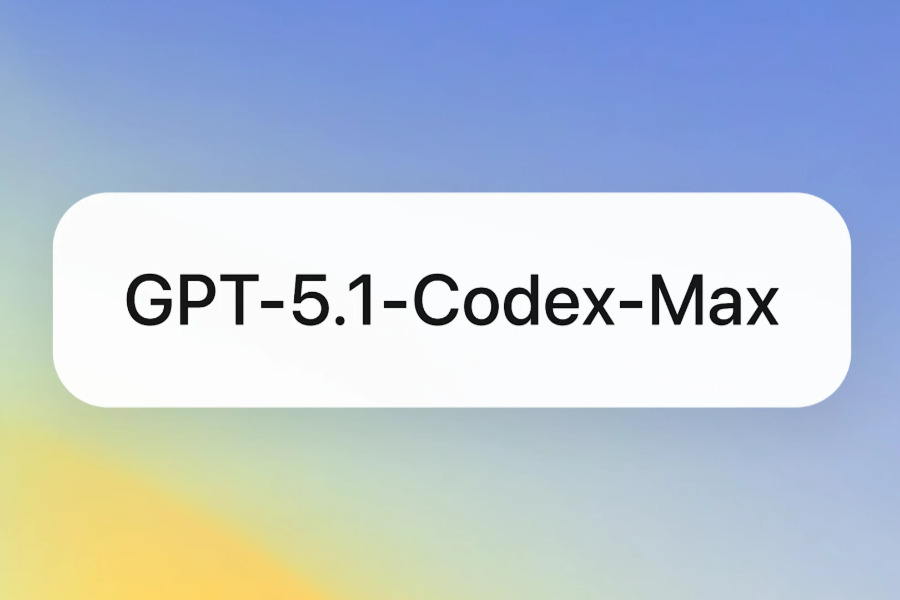On August 29, Apple Inc. released Xcode 26 beta 7, marking a significant milestone in its deep collaboration with AI company Anthropic. The highlight of this update is Apple’s first-ever native integration of an external large language model, Claude Sonnet 4, into its core integrated development environment (IDE), Xcode. This move impacts approximately 34 million iOS and macOS developers worldwide, signaling a disruptive shift in the traditional paradigm of mobile app development.

I. Core Features of Xcode 26 Beta 7
The integration of Claude Sonnet 4 in Xcode 26 beta 7 is not merely a simple plugin but a deeply embedded native tool designed to significantly enhance development efficiency and experience.
One-Click Login, Seamless Access: Developers no longer need to struggle with cumbersome configurations. Simply enter your Claude account details in Xcode settings to directly access AI functionalities, eliminating the complex processes of finding third-party plugins or configuring APIs. This native integration makes AI-assisted development smoother than ever.
Natural Language Code Generation: This is likely one of the most anticipated features. Developers can describe their needs in natural language, such as, “Generate Swift code to load and display an image from the internet.” Claude Sonnet 4 will instantly produce high-quality code that adheres to Apple’s official Swift or Objective-C programming standards, greatly simplifying repetitive and templated coding tasks.
Intelligent Automatic Error Fixing: Debugging is one of the most time-consuming and frustrating aspects of development. Now, when compilation fails, Claude Sonnet 4 can intelligently analyze source code and compilation logs to pinpoint bugs. It not only identifies errors but also provides actionable code differences (diffs). With a single click, developers can apply fixes, significantly reducing troubleshooting time.
Inline Interactive Playgrounds: This innovative feature elevates AI assistance to new heights. During code editing, developers can insert a mini sandbox environment at the cursor. AI-generated code examples can be run in real-time within this “mini sandbox,” with results displayed instantly. Developers no longer need to switch windows or create new projects to test and learn, making this immersive interaction ideal for exploring new APIs or frameworks.
Automatic Documentation and Comment Generation: Good code should not only run but also be maintainable. The AI integrated into Xcode 26 beta 7 can automatically generate standardized documentation comments for functions, classes, and methods, and even produce README files based on code logic. This not only saves developers time but also enhances team collaboration efficiency and project maintainability.
Flexible Multi-Model Switching: Apple’s strategy is not to “lock” developers into a single AI model. Xcode provides flexible model-switching interfaces, allowing developers to choose Claude based on their preferences and needs. In the future, they can easily switch to ChatGPT or other more advanced models like Claude Opus 4, ensuring access to the latest AI technologies.

II. Benefits for Developers: Gains in Efficiency, Quality, and Learning
The release of Xcode 26 beta 7 brings tangible benefits to developers:
- Increased Efficiency: Automatic generation of repetitive code can save 30% to 50% of coding time. Developers can focus more on core logic and innovation rather than mundane “grunt work.”
- Lower Barriers: Intelligent error fixing and inline playgrounds enable even novice developers to quickly identify issues and grasp complex concepts. This lowers the learning curve for iOS development, making it more accessible.
- Controllable Costs: Apple does not charge developers additional fees for AI usage. AI calls will deduct from the developer’s own Claude account quota, ensuring cost transparency and control.
- Stability and Security: Integration through official extension interfaces ensures compatibility and stability. Developers need not worry about security risks or update conflicts from third-party plugins, allowing them to focus solely on development.
III. Conclusion
The release of Xcode 26 beta 7 marks the transition of mobile app development from the traditional “typing code” model to the era of “conversational programming.” AI is no longer a distant concept but is deeply integrated into developers’ daily workflows like never before. Claude Sonnet 4 acts as a personal “senior programmer,” capable of understanding intent, generating code, fixing errors, and even facilitating learning.
This update is not just another version iteration of Xcode but a significant declaration of Apple’s deep integration of AI into its ecosystem. It will undoubtedly profoundly influence the future of iOS and macOS app development. Developers, are you ready to embrace this new AI-driven era?



